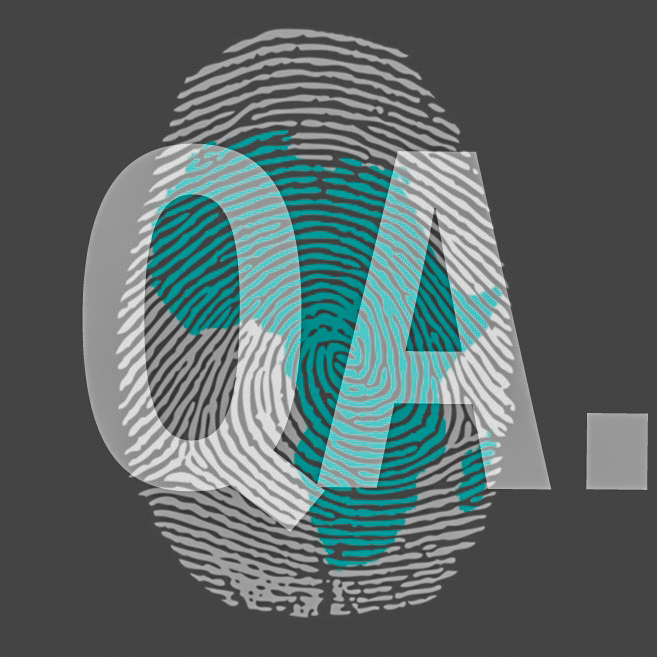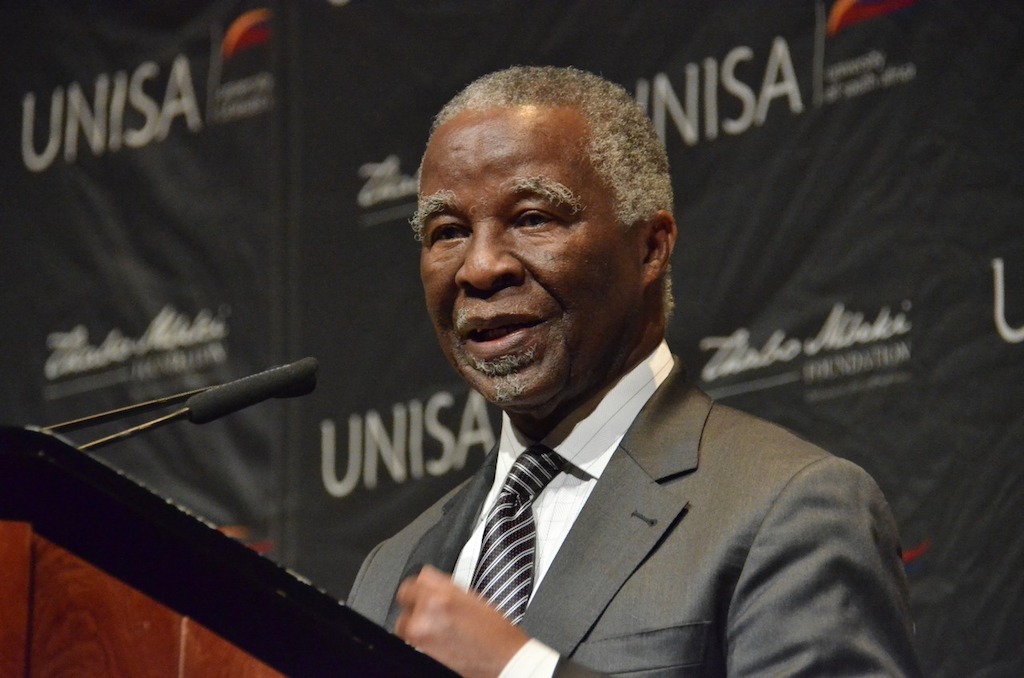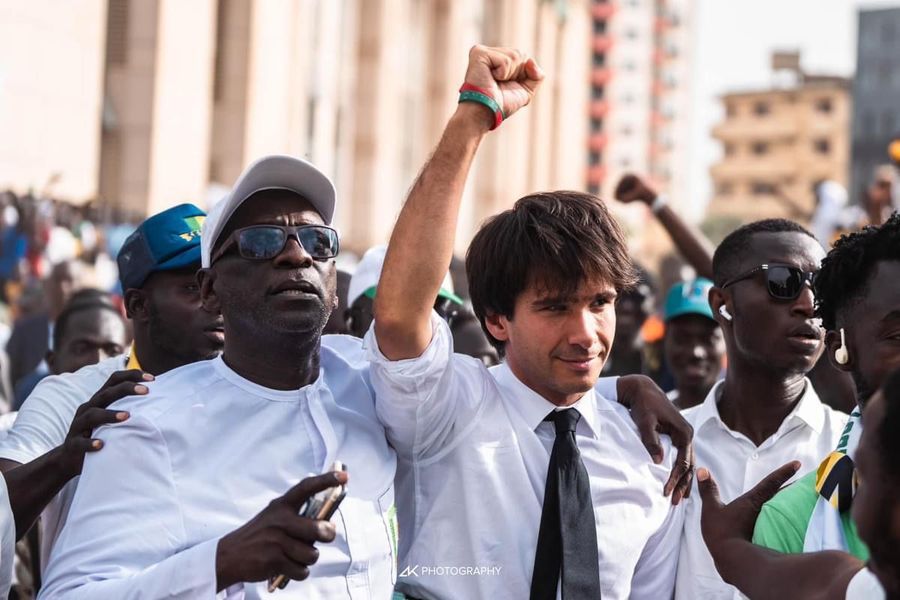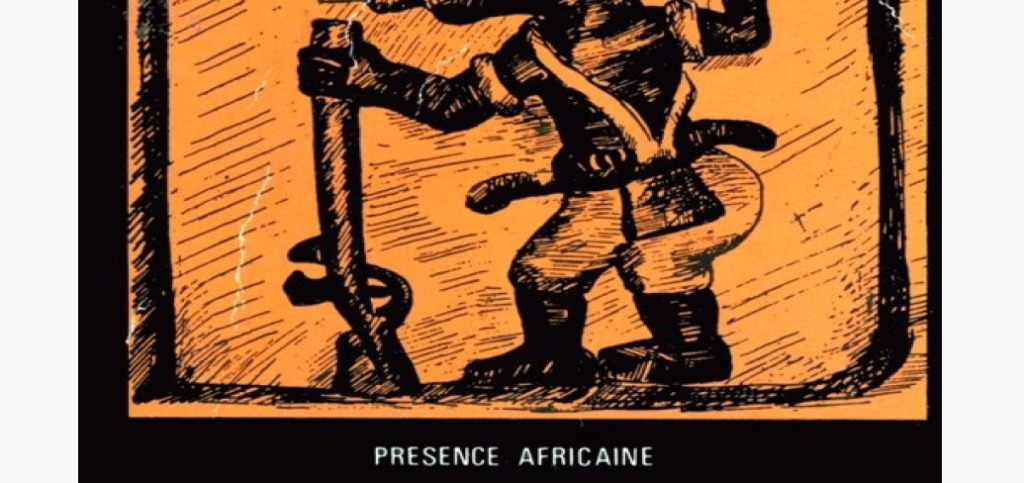In a bold and unyielding speech at the 80th session of the United Nations General Assembly on September 26, 2025, Mali’s Prime Minister Abdoulaye Maïga, who also serves as Minister of Territorial Administration and Decentralization, outlined his country’s vision for regional security, sovereignty, and development. Drawing on Pan-African ideals, Maïga highlighted the collaborative efforts of Mali, Burkina Faso, and Niger against terrorism and external interference, while leveling sharp accusations against Ukraine, France, and Algeria. The address, delivered amid ongoing instability in the Sahel, underscored themes of self-reliance and criticism of international powers.
Prime minister Maïga’s remarks come at a time when the Sahel region faces escalating jihadist threats, economic challenges, and shifting geopolitical alliances. His speech echoes previous UN addresses but intensifies calls for accountability from Western nations and reforms within the UN itself.
THE ALLIANCE OF SAHEL STATES: A UNITED FRONT AGAINST TERRORISM
At the core of M. Maïga’s address was the Alliance of Sahel States (AES), formed by Mali, Burkina Faso, and Niger in a « Pan-African spirit » to combat « imperialistic forces » and armed groups. He described the partnership as unprecedented in its « collaboration and complementarity, » aimed at defeating terrorism and protecting state foundations from « dark-age thinking » backed by foreign sponsors.
Unlike some nations that allegedly provide « safe passage corridors » for terrorists, the AES is focused on securing their territories and preventing the spread of threats to other African countries, especially following the withdrawal of international forces like France’s Operation Barkhane. M. Maïga emphasized homegrown initiatives, including infrastructure investments and agricultural diversification, to ensure Sahel resources benefit local populations.
The AES, established in 2023, represents a break from traditional dependencies on Western aid and a pivot toward regional sovereignty. Supporters on social media have praised this unity as a model for African self-determination.
LINKING SAHEL TERRORISM TO THE UKRAINE CONFLICT
The Prime Minister Maïga drew a direct connection between the war in Ukraine and terrorism in the Sahel, accusing the « Ukrainian regime » of becoming a primary supplier of kamikaze drones to terrorist groups. He urged Western states to cease arms supplies to Ukraine, arguing that such support indirectly fuels global terrorism.
This claim builds on prior accusations from Mali and its allies, who severed ties with Ukraine in 2024 after alleging Kyiv’s involvement in attacks on Malian forces. Ukrainian officials have denied these allegations, with some Western analysts viewing them as Russian-influenced propaganda amid Moscow’s growing ties with Sahel nations. Nonetheless, M. Maïga’s stance aligns with Russia’s warnings about Ukraine’s alleged ties to extremism, a narrative echoed in pro-AES online discussions.
CRITICISMS OF FRANCE AND CALLS FOR ACCOUNTABILITY
The Prime Minister reserved strong words for France, labeling it « nostalgic for the colonial era » and accusing it of supporting the Ukrainian regime while aiding terrorist activities in the Sahel. Mali has requested a UN Security Council meeting to present « irrefutable proof » of French involvement, though no such session has occurred yet.
These accusations are not new; M. Maïga has previously criticized France during UN speeches, praising Russia’s cooperation as more effective. French sources and commentators have dismissed the claims as baseless, with one journalist calling Maïga a « salopard » (bastard) aligned with Russian interests. Despite this, Malian supporters hail the rhetoric as a rejection of neo-colonialism.
HUMAN RIGHTS, SOVEREIGNTY, AND UN REFORM
On human rights, Maïga affirmed the AES’s commitment to « humanism » but rejected the « weaponization » of these issues to undermine national sovereignty. The three nations recently withdrew from the Rome Statute, opting for « home-grown justice mechanisms » amid accusations of selective international morality.
Abdoulaye Maïga called for a reformed UN, noting Africa’s long-standing demand for greater Security Council representation. He stressed the need for mechanisms to enforce international law and conference outcomes, positioning Africa as the « continent of the future » plagued by resource pillaging, debt, and climate change.
AFRICA’S BROADER CHALLENGES AND TENSIONS WITH ALGERIA
Highlighting Africa’s development woes, M. Maïga decried the exploitation of resources and external burdens like debt and environmental degradation. He advocated for serious global attention to these issues.
Relations with Algeria were a flashpoint: Despite Mali’s « constructive approach » due to Pan-Africanism and proximity, M. Maïga condemned a recent attack on Malian forces and the destruction of a Malian drone, which he said was found on Malian territory, defying « laws of physics. » He warned of reciprocity for any aggression. Algeria’s Foreign Minister responded sharply, calling Maïga’s words « brutish verbiage » deserving scorn.
GLOBAL REACTIONS AND IMPLICATIONS
The speech has sparked diverse reactions. In Africa and on platforms like X, many applaud The Prime Minister’s defiance, viewing it as a stand against imperialism. Critics, particularly from Europe and Ukraine’s allies, see it as inflammatory and unsubstantiated, potentially isolating the AES further.
As the Sahel grapples with insecurity, Abdoulaye Maïga’s address signals a deepening rift with traditional partners and a bet on regional alliances. Whether this leads to stability or escalation remains uncertain, but it underscores the evolving dynamics of African geopolitics.






Laisser un commentaire
Vous devez vous connecter pour publier un commentaire.